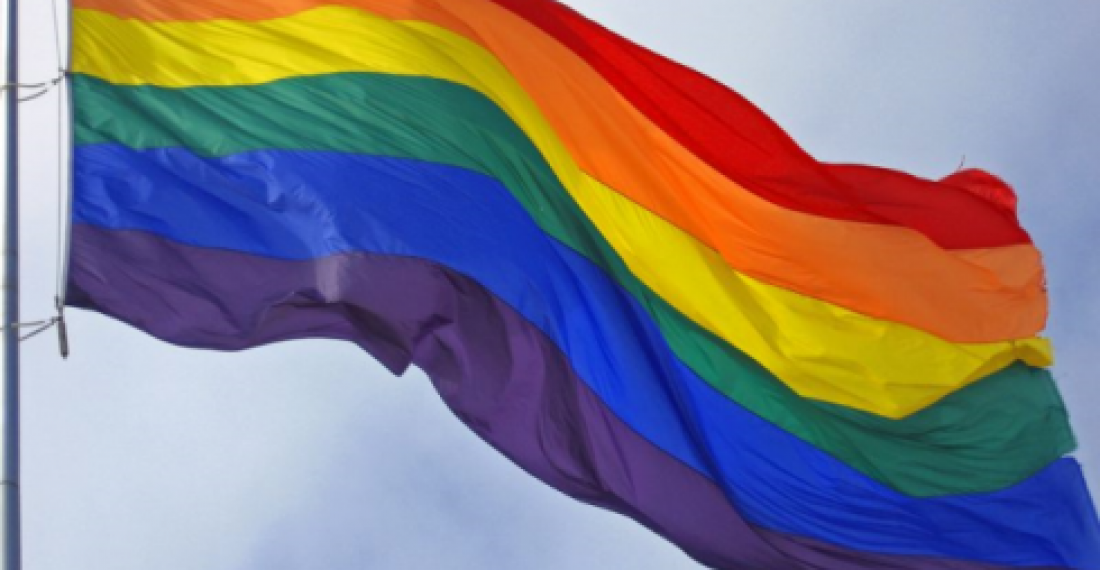Во всем мире 17 мая отмечается как международный день борьбы с гомофобией. Широко распространенная в обществе дискриминация сексуальных меньшинств также распространена в Кавказском регионе и отражает глубокие корни нетерпимости ко всем "другим". Гомофобные высказывания часто появляются в средствах массовой информации и часто политики, которые не знают что им предложить обществу, обостряют ситуацию с безответственными и гомофобными заявлениями.
Недавний доклад, опубликованный Фондом Генриха Белля, дает мрачную картину ситуации в регионе по отношению к правам сексуальных меньшинств. Прочитать его можно здесь на английском языке. В докладе говорится:
"Во всех трех странах Южного Кавказа, где общественная, культурная и политическая жизнь рассматривается в свете гетеросексуальности, этнической принадлежности или веры исповедания, будучи предствители тех или иных меньшинств автоматически рассматриваются как отчужденные с дальнейшими сложными последствиями. Люди, которые не желают скрывать своей гомосексуальной идентичности они есть, но у них мало шансов на успех в реальной жизни в их общественной, академической и политической деятельности."
Конечно гомофобия не является уникальной проблемой для региона и даже в развитых европейских странах остаются некоторые проблемы с этим. В докладе, опубликованном ILGA Европа отражаются проблемы с этим на европейском континенте и в целом мире. (читайте его здесь на английском языке)
Однако, ситуация на Южном Кавказе часто усугубляется неспособностью властей обеспечить защиту прав меньшинств, и наказать тех, кто часто использует или занимается подстрекательством к насилию против них. Есть некоторые признаки того, что ситуация меняется. Позиция, занятая несколько дней назад премьер-министром Грузии, Бидзиной Иванишвили, принципиальна и похвальна. Иванишвили стал первым лидером Кавказе, который непосредственно заговорил о правах сексуальных меньшинств. Он сказал:
"Я уже говорил несколько раз, что сексуальные меньшинства такие же граждане, как и мы ... общество будет постепенно привыкать к ним. Я знаю, что есть часть общества, которая не принимает их. Существуют правоохранительные органы в нашем государстве, и мы будем делать все для того, чтобы защитить права любых групп и меньшинств, и тоже самое будет в этом случае."
Конечно, даже в этот Международный день солидарности найдутся те, кто будет атаковать, и даже яростно, право людей быть другими, но изменение будут происходить медленно, но верно.
Источник: commonspace.eu







